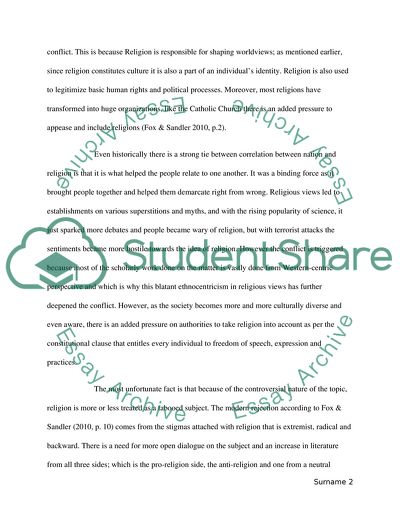Cite this document
(Religion and International Relations Literature review Example | Topics and Well Written Essays - 2250 words, n.d.)
Religion and International Relations Literature review Example | Topics and Well Written Essays - 2250 words. https://studentshare.org/history/1805216-religion-in-contemporary-international-relations
Religion and International Relations Literature review Example | Topics and Well Written Essays - 2250 words. https://studentshare.org/history/1805216-religion-in-contemporary-international-relations
(Religion and International Relations Literature Review Example | Topics and Well Written Essays - 2250 Words)
Religion and International Relations Literature Review Example | Topics and Well Written Essays - 2250 Words. https://studentshare.org/history/1805216-religion-in-contemporary-international-relations.
Religion and International Relations Literature Review Example | Topics and Well Written Essays - 2250 Words. https://studentshare.org/history/1805216-religion-in-contemporary-international-relations.
“Religion and International Relations Literature Review Example | Topics and Well Written Essays - 2250 Words”. https://studentshare.org/history/1805216-religion-in-contemporary-international-relations.


